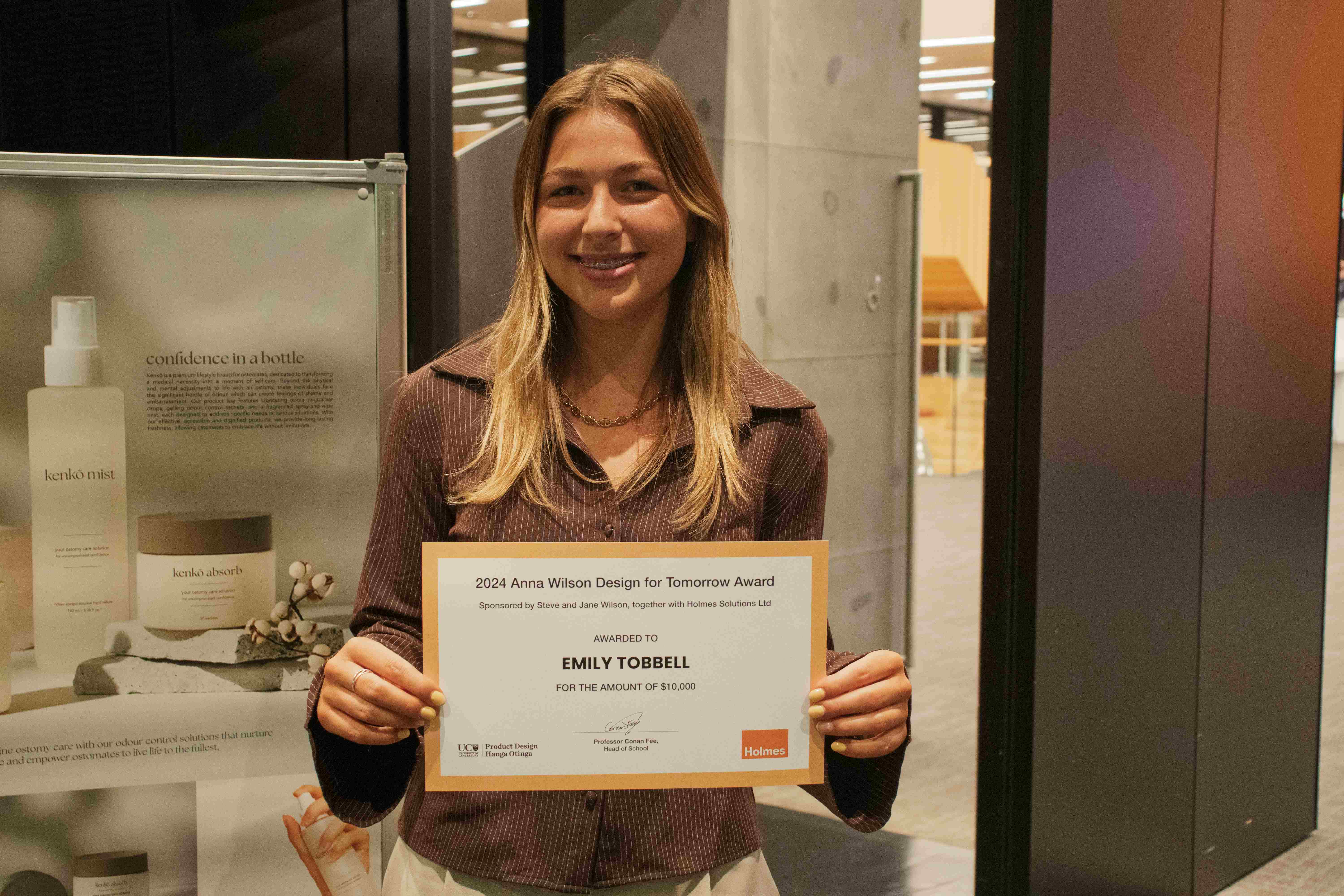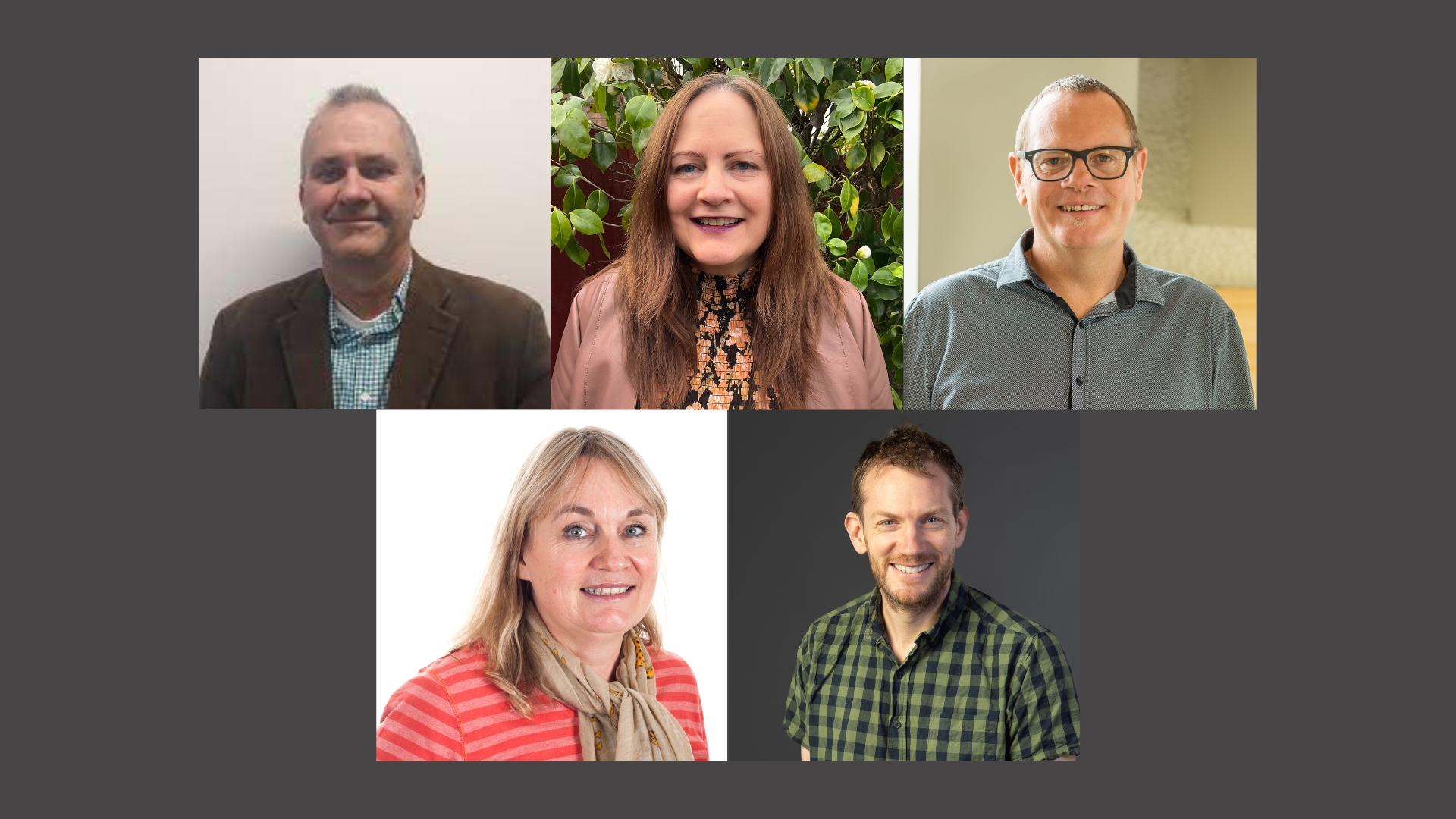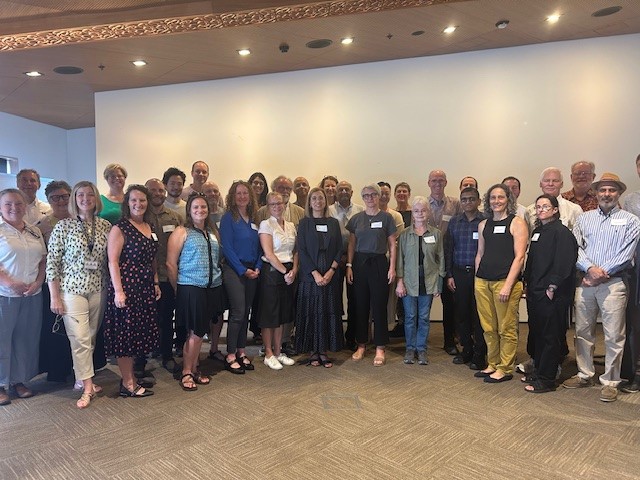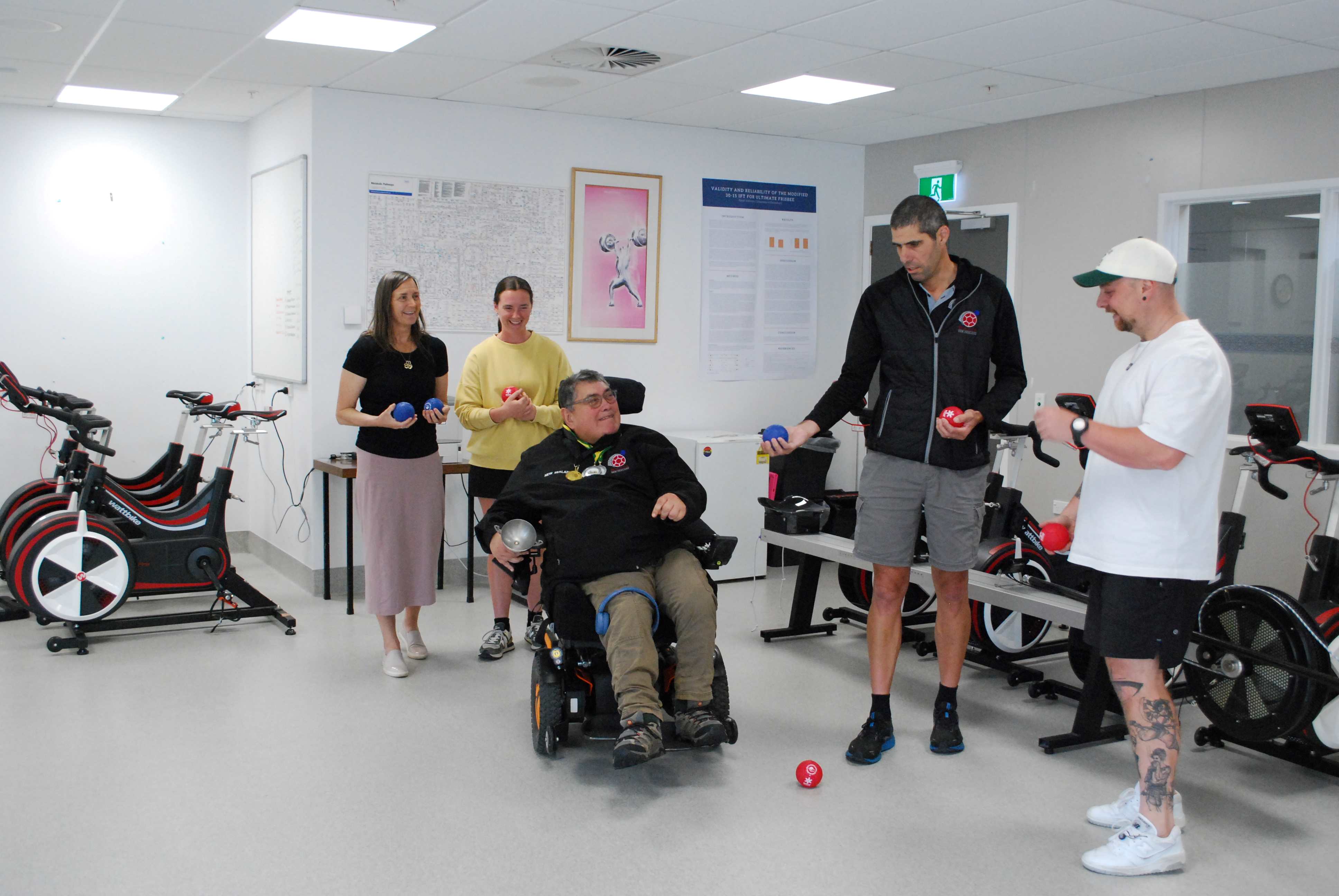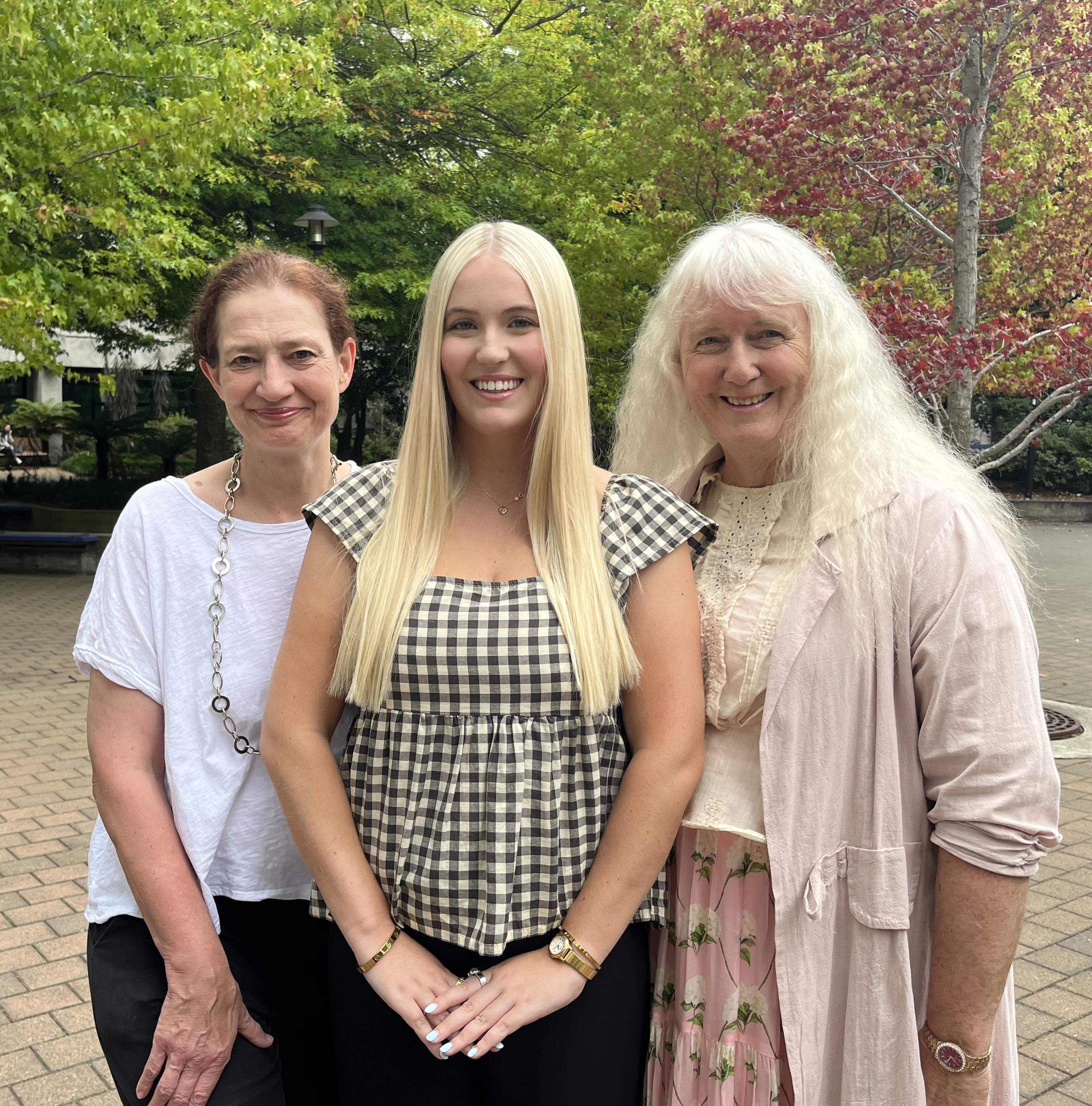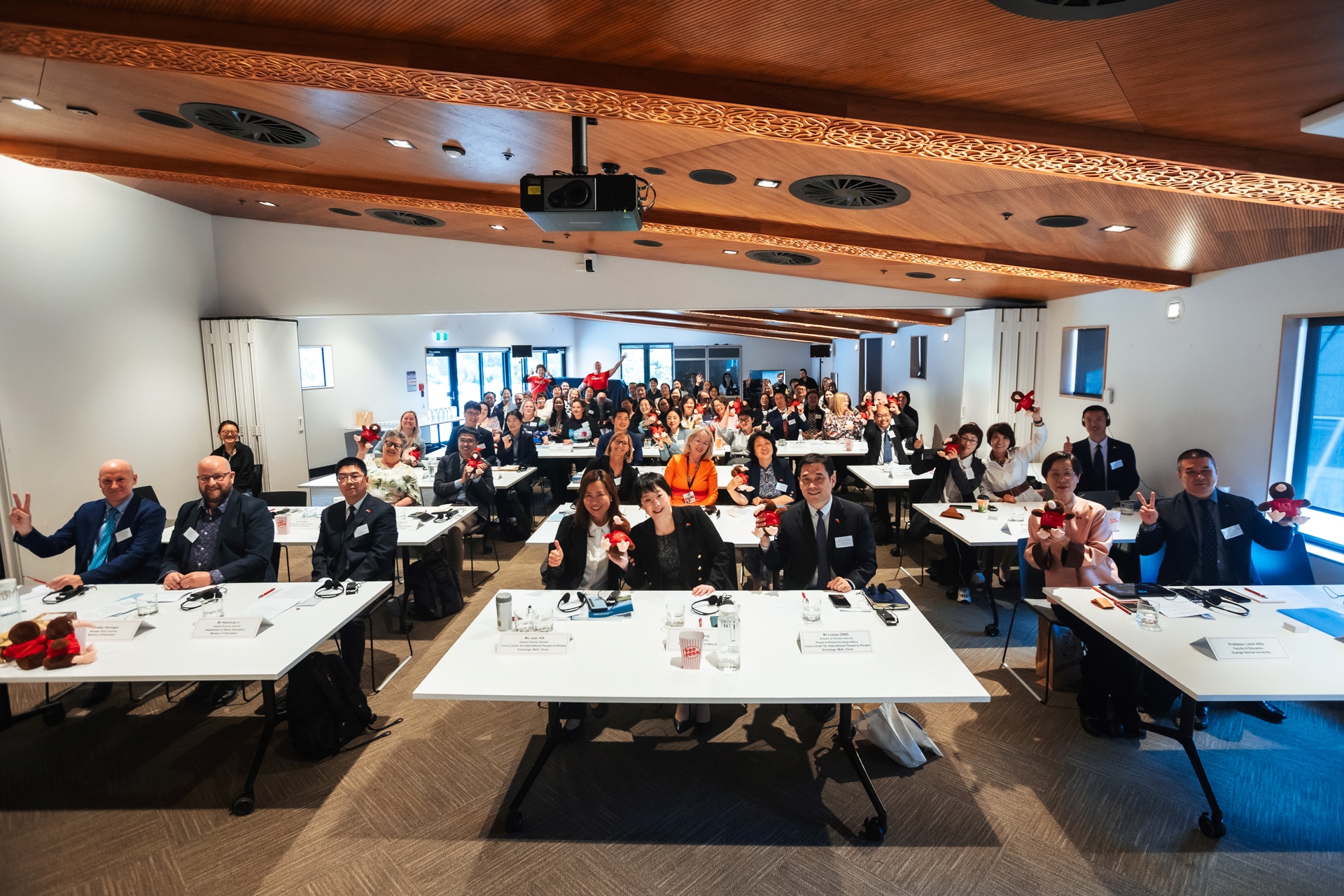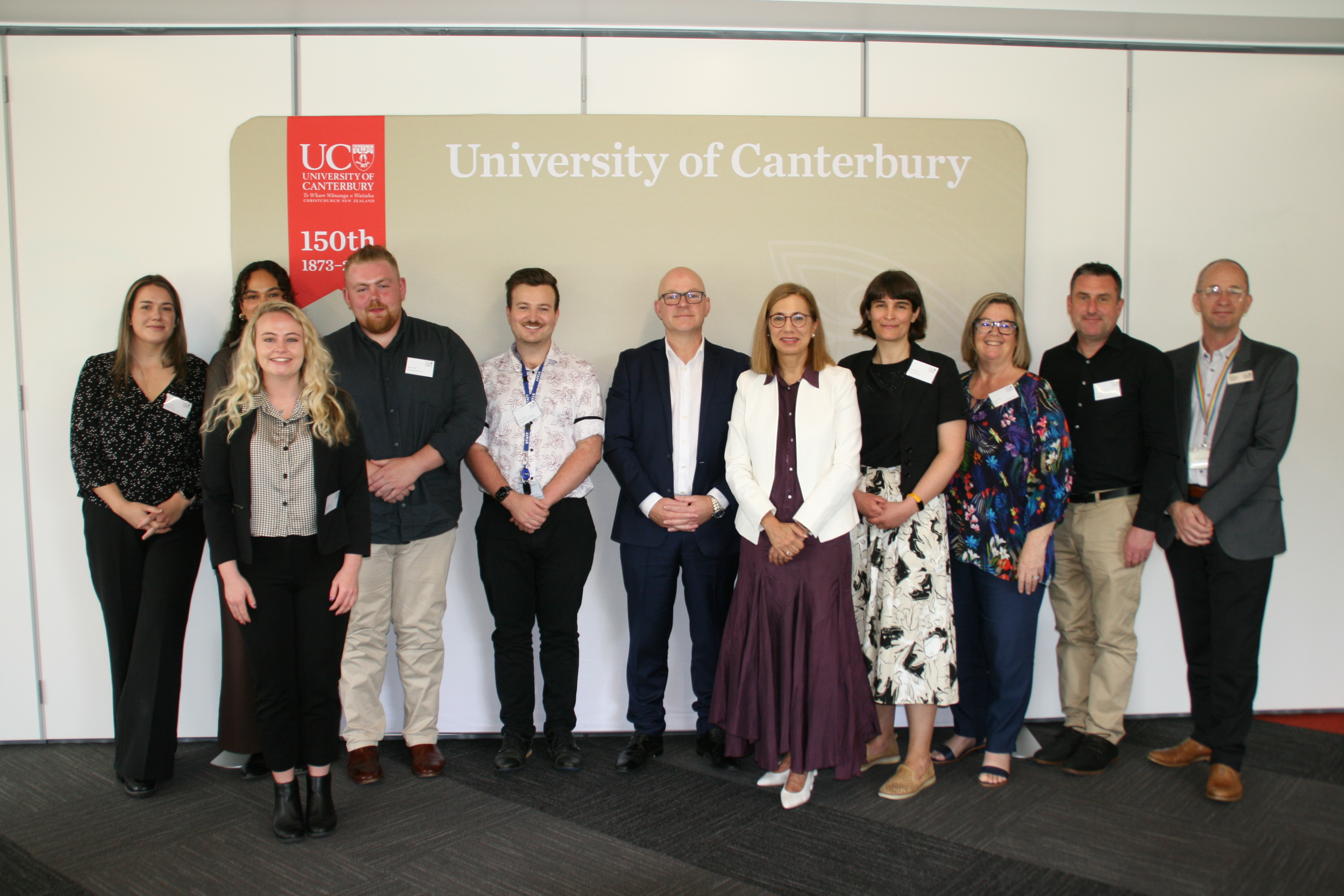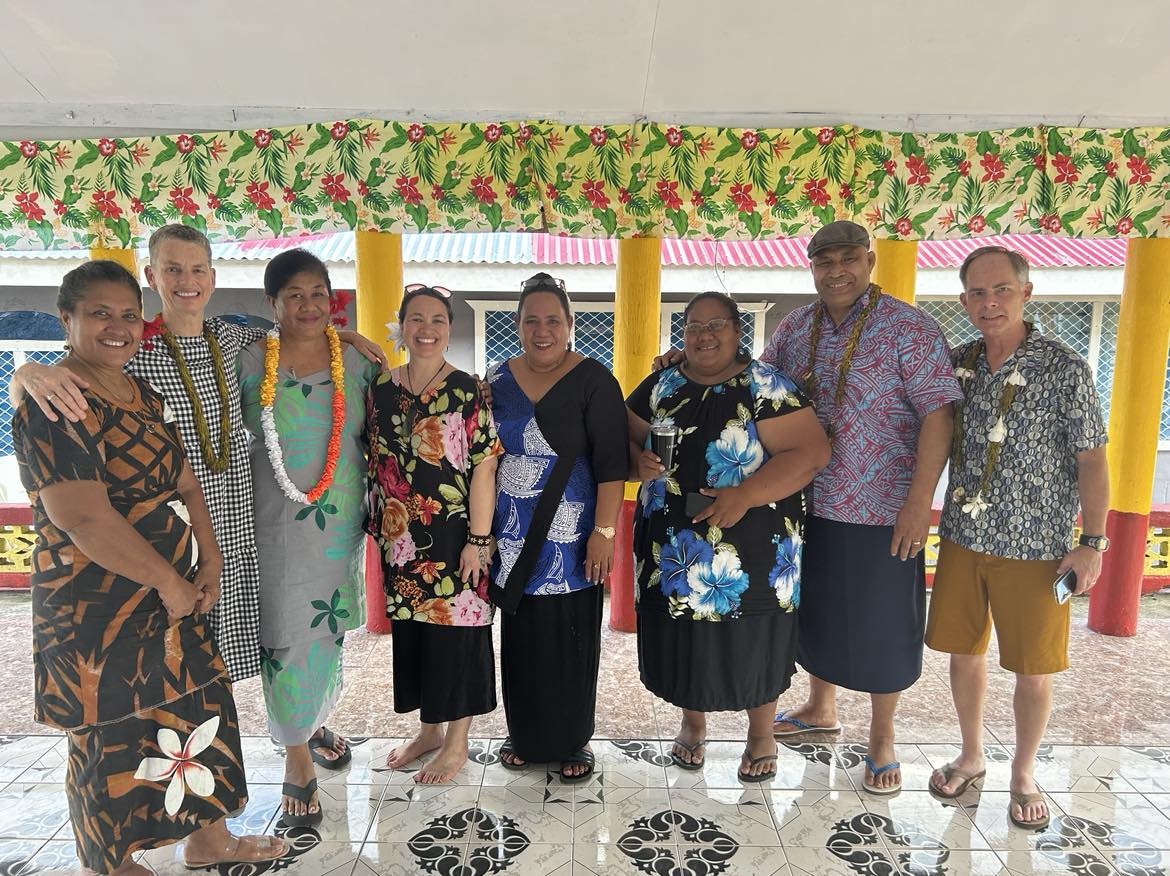University of Canterbury Teaching Award Winners for 2021 are (from left) Miguel Morales-Trujillo, Tracy Clelland, Ann-Marie Kennedy, Sarah Masters and Billy Osteen.
The annual University of Canterbury Teaching Awards, established in 2001, recognise excellence in both undergraduate and postgraduate tertiary teaching.
Deputy Vice-Chancellor Academic Professor Catherine Moran says this year five Teaching Award winners, from a range of Colleges, have been recognised by their peers and students for being interesting, enthusiastic and innovative.
“These are teachers who are passionate about their subject and constantly striving to find new ways to convey knowledge and build their students’ confidence and enthusiasm. They’ve also been recognised for providing mentoring and encouragement to their academic peers.”
Each Teaching Award winner receives $1500 towards teaching-related activities. The University of Canterbury Teaching Awards will be formally presented at a ceremony later this year.
The University of Canterbury Teaching Award winners for 2021 are:
Lecturer in Health Education Tracy Clelland, who is known for her leadership in relationships and sexuality education.
Her overarching teaching philosophy is that learning should be about engaging with others, sharing knowledge and experiences, and building connections.
She enjoys drawing on students’ existing knowledge and creating a safe and inclusive environment where everyone feels they are contributing.
“I like to build positive relationships and connections with and between students. Putting student voice front and centre and working collaboratively with others is the key to wellbeing and academic success.”
Associate Professor Ann-Marie Kennedy, who teaches Marketing, aims to treat each student as an individual. She works hard to incorporate current industry practice and skills into her assessments.
“I feel that it is a reflection on my teaching if students do not engage, learn, understand and grow,” she says. “Notwithstanding that, students also need to put effort in, so in that way I feel it is collaboration, rather than just a one-way street.”
Associate Professor Kennedy was one of the first academics at UC to be awarded a Fellowship of the Higher Education Academy and she has taken part in the University of Canterbury’s Erskine Programme (a teaching fellowship).
Associate Professor Sarah Masters is leading innovation in Chemistry teaching at the University of Canterbury, fostering strong links between students and staff across Colleges. She has developed an award-winning series of introductory videos for Stage 1 Chemistry laboratory classes and has a strong commitment to continuing professional development for postgraduate students.
Her overall aim is for her students to be inspired, not only by the material but also by the enthusiasm that she brings to the subject. “My approach to teaching can be summarised as ‘kāore he mutunga o te ako’ - there is no ending to learning,” Associate Professor Masters says.
Senior Lecturer Dr Miguel Morales-Trujillo, in the College of Engineering, believes teaching should have a direct connection to the real world. He integrates real-life examples in lectures and discusses them with students from the course perspective.
Dr Morales-Trujillo uses new approaches, particularly gamification, in his teaching with the goal of boosting enjoyment and engagement in his lectures. He says games and gaming can help teach programming languages and other skills, and the approach has a positive effect on students’ academic performance.
He uses a Lego-based activity as a teaching tool. “Imagine that in a lecture of your fourth-year course on software quality, your lecturer brings a box of Lego bricks of different forms, sizes and colours. Then he asks you to build a dinosaur and to work out as a team how you can assess the quality of your dinosaur,” Dr Morales-Trujillo says.
Associate Professor Billy Osteen, in the College of Education, Health and Human Development, aims to grow his students’ experiential knowledge.
He sees himself as a facilitator of learning – setting ambitious challenges for his students and supporting them in achieving their goals.
“My constant movement between being ‘a sage on the stage’ and ‘a guide on the side’ requires a variety of methods and has the ultimate goal that students become critical, informed, and self-directed citizens.”
Associate Professor Osteen was heavily involved in establishing the course CHCH101 – Strengthening Communities through Social Innovation – in 2011. That has evolved into a new undergraduate degree, the Bachelor of Youth and Community Leadership, which had its inaugural intake last year.


